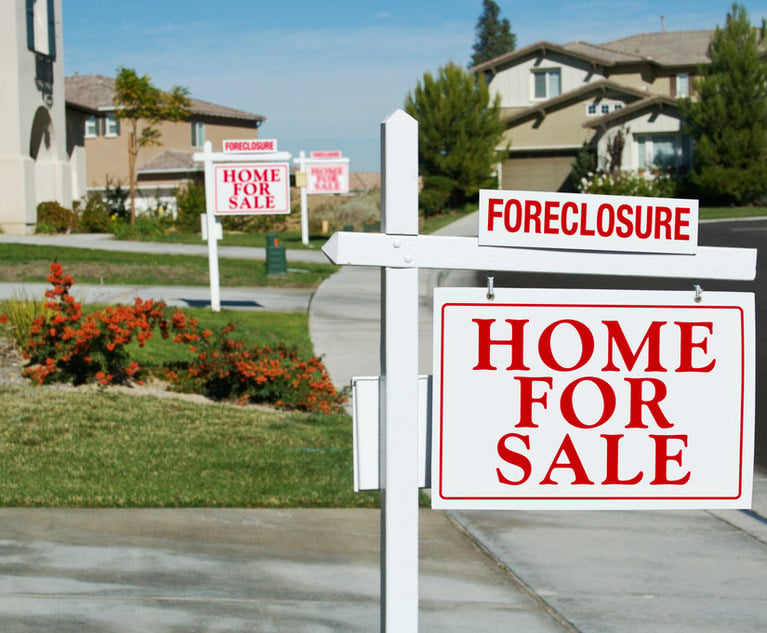We are staunch supporters of equal pay for equal work, as we believe every right-minded person should be. But the recently enacted Diane B. Allen Equal Pay Act is something entirely different. Although the title refers to “equal pay,” in fact the statute calls for equal pay for “substantially similar” work; an entirely new standard that we fear will bestow benefits largely on the lawyers litigating its meaning.
When the federal Equal Pay Act and New Jersey’s original Equal Pay Act were enacted, they were aimed at an invidious problem of a different time. Women working on assembly lines, as clerks, as lawyers, were paid less than men doing precisely the same jobs, for clearly discriminatory reasons such as the then-common justification that the men had families to support. As time went by and standards evolved, the concept of “equal” work expanded, but “equal” continued to be the touchstone. Efforts to expand pay equity to the “comparable worth” of jobs were rejected by both elected officials and the courts.
This content has been archived. It is available through our partners, LexisNexis® and Bloomberg Law.
To view this content, please continue to their sites.
Not a Lexis Subscriber?
Subscribe Now
Not a Bloomberg Law Subscriber?
Subscribe Now
LexisNexis® and Bloomberg Law are third party online distributors of the broad collection of current and archived versions of ALM's legal news publications. LexisNexis® and Bloomberg Law customers are able to access and use ALM's content, including content from the National Law Journal, The American Lawyer, Legaltech News, The New York Law Journal, and Corporate Counsel, as well as other sources of legal information.
For questions call 1-877-256-2472 or contact us at [email protected]


 Photo credit Getty Images/iStockphoto
Photo credit Getty Images/iStockphoto




